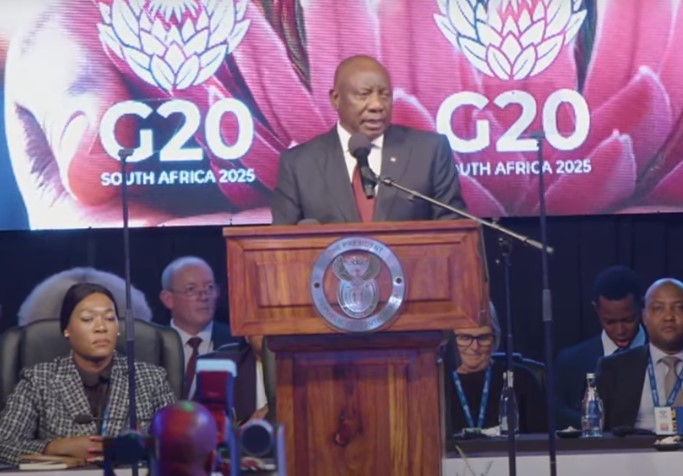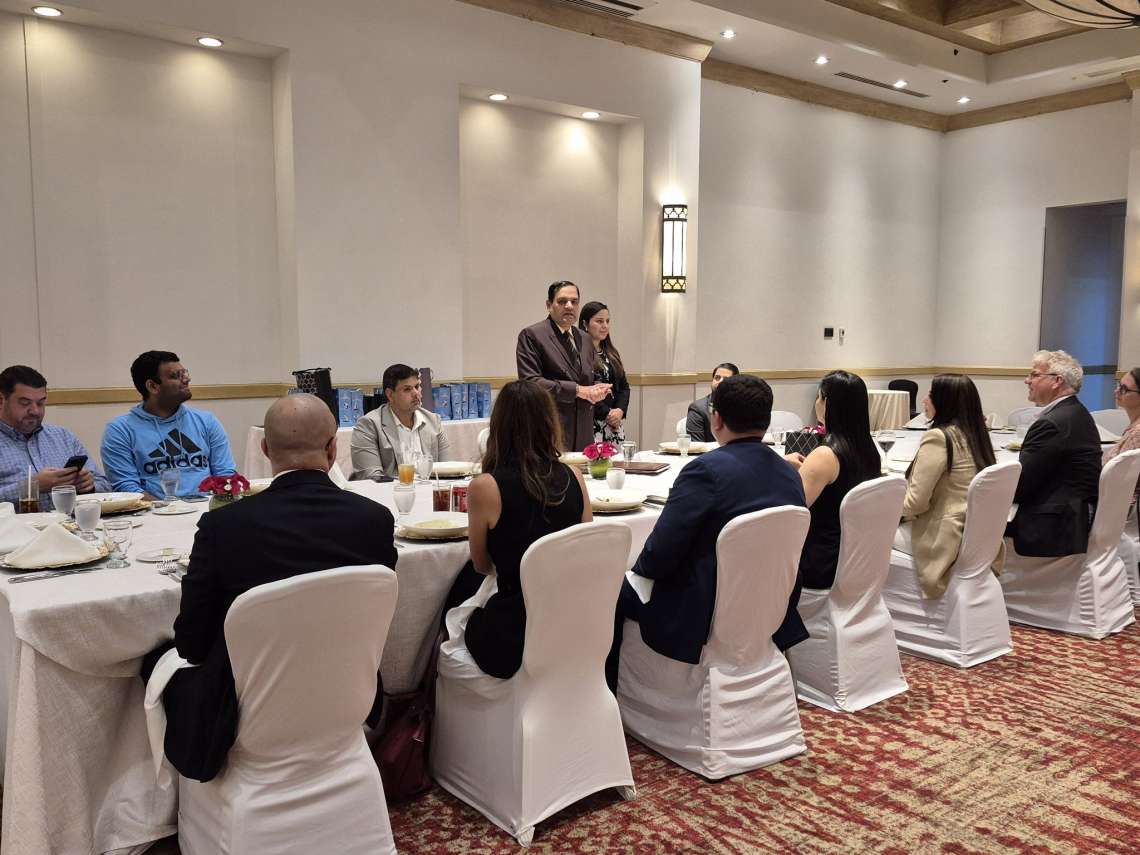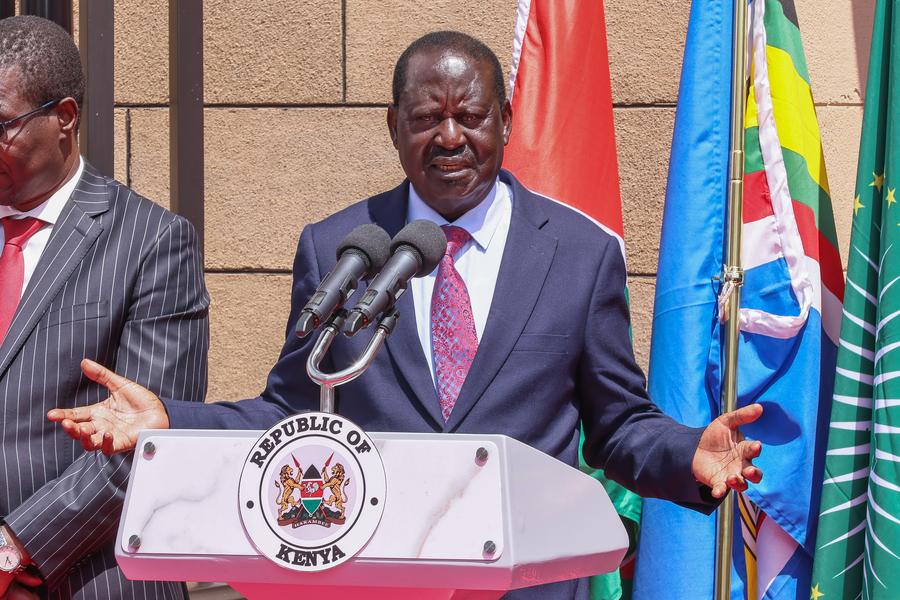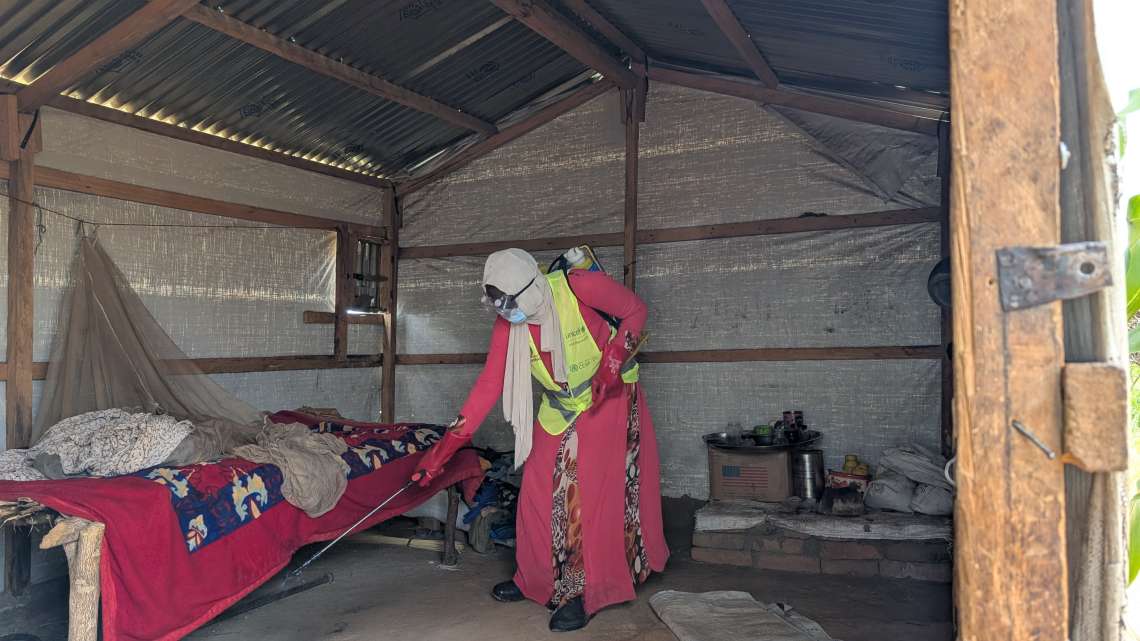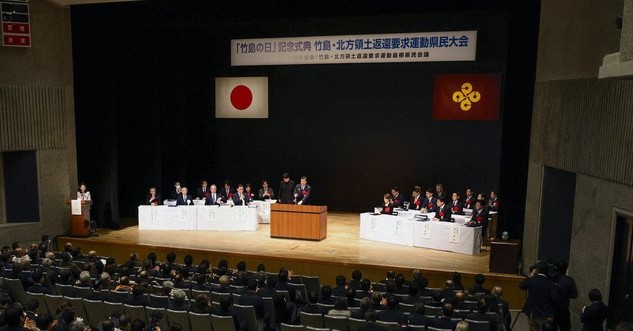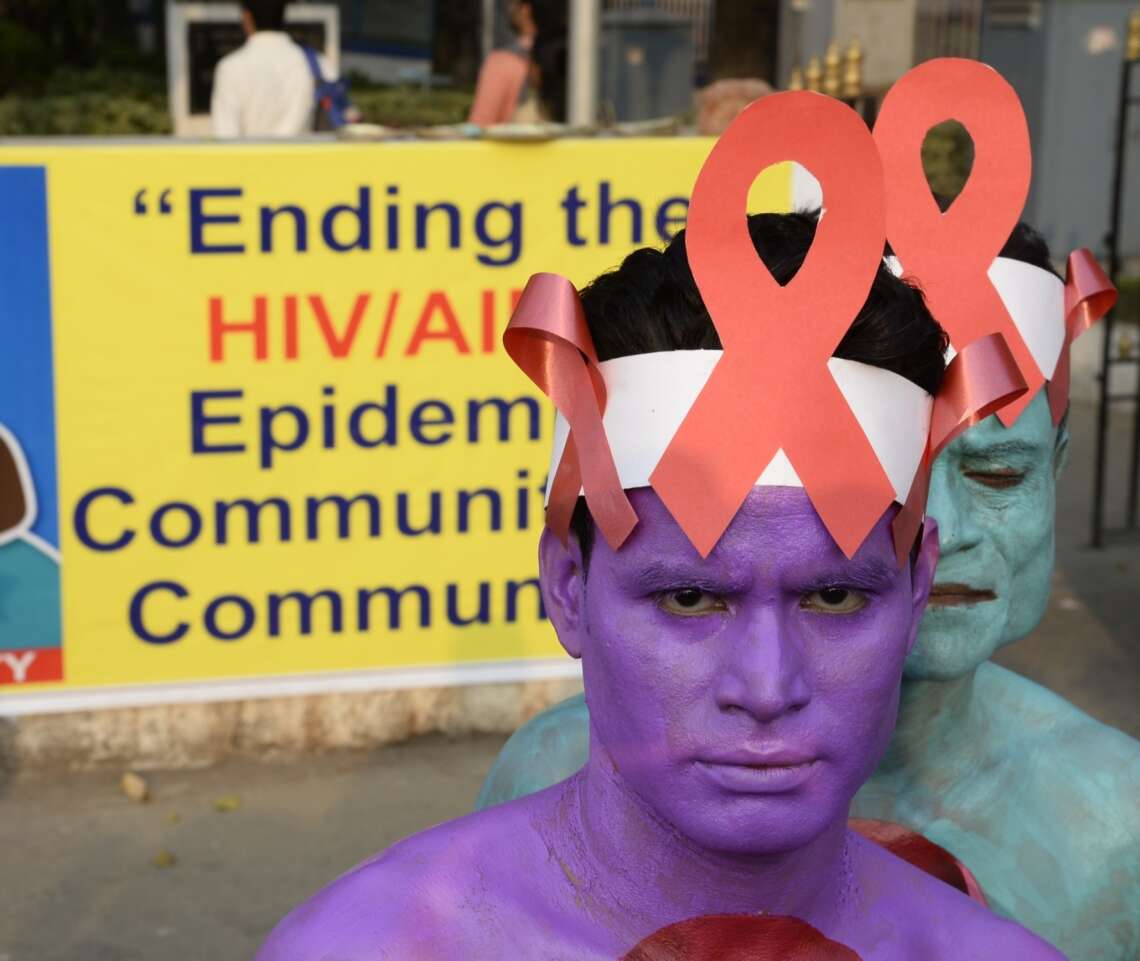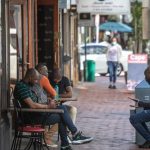World leaders have been split on how to respond to the dramatic policy shifts from Washington since the return of US President Donald Trump
South Africa’s President Cyril Ramaphosa has called for “multilateralism” and international law in solving world crises as G20 foreign ministers met amid rising tensions over various conflicts and trade disputes.
“It is critical that the principles of the UN Charter, multilateralism and international law should remain at the centre of all our endeavours. It should be the glue that keeps us together,” Ramaphosa said in an address to open the meeting on Thursday.
The G20, a grouping of 19 countries as well as the European Union and the African Union, is deeply divided on key issues from Russia’s war in Ukraine to climate change.
The strife was threatening “an already fragile global coexistence,” Ramaphosa said.
“Yet there is a lack of consensus among major powers, including in the G20, on how to respond to these issues of global significance.”
World leaders have been split on how to respond to the dramatic policy shifts from Washington since the return of US President Donald Trump.
The US Secretary of State, Marco Rubio, skipped this week’s meeting in South Africa, which holds the G20 presidency this year, amid disputes with the host nation over several policy issues.
Pretoria has in particular come under fire from Washington for leading a case at the International Court of Justice accusing Israel of “genocidal” acts in its Gaza offensive, which Israel has denied.
“The conflicts between Russia and Ukraine, conflict that’s raging in the eastern part of the Democratic Republic of Congo, in Sudan, in the Sahel and in Gaza continue to exact heavy human toll and heighten global insecurity,” Ramaphosa said.
“As the G20 we must continue to advocate for diplomatic solutions to conflicts,” he said.
“I think it is important that we should remember that cooperation is our greatest strength,” Ramaphosa added. “Let us seek to find common ground through constructive engagement.”
He noted the significance of holding the G20 Leaders Summit, later this year, in Africa, and said African voices needed to be heard on global issues such as sustainable development, the digital economy and green energy.
In what is seen as a controversial first meeting of foreign ministers under the G20, owing to tension between the South Africa and the US, and growing tension between the US and the European Union, Ramaphosa said the G20 Summit was an opportunity for greater collaboration between Africa and the rest of the world.
“The nations of the world look to the G20 for leadership on the most pressing issues confronting our world. Just as cooperation supported the progress of early humans, our modern-day challenges can only be resolved through collaboration, partnership and solidarity. That is why South Africa has placed solidarity, equality and sustainability at the centre of our G20 Presidency. We would like our G20 Presidency to be one in which all voices are heard and in which all views count,” the South African President said.
He noted a lack of consensus among G20 nations, which made up two-thirds of the global population, on the best responses to global challenges and said decisions taken must reflect the needs of everybody.
Ramaphosa said the G20 needed to lead in the global agenda for “people, planet and prosperity”. “As we strive towards a common purpose, let us remember that cooperation is our greatest strength. Let us seek to find common ground through constructive engagement. Through the G20, let us set the coordinates of a new course for human progress, one that is founded on solidarity, equality and sustainability,” Ramaphosa stated.
He boldly called for reform in the UN, particularly the UN Security Council, which he said must be more globally representative, agile and responsive, mentioning the conflicts raging in Russia and Ukraine, in the eastern Democratic Republic of Congo, in Sudan, in the Sahel and in Gaza.
He pointed to South Africa’s own experience with conflict resolution and stressed the need for inclusive dialogue for peace. “[The conflicts] continue to exact a heavy human toll and heighten global insecurity. South Africa welcomes the ceasefire agreement reached between Israel and Hamas as a crucial first step toward ending the severe humanitarian crisis faced by Palestinians in Gaza. This ceasefire must lay the basis for a just and lasting peace in line with UN resolutions, international law and internationally agreed parameters. As the G20, we must continue to advocate for diplomatic solutions,” he said.
Under a South African Presidency, Ramaphosa outlined the priorities for the G20, with strong focus on climate change, debt-sustainability, just energy transition finance and harnessing critical minerals for inclusive growth and sustainable development.
Specifically, under these priorities, Ramaphosa outlined the need for stronger disaster resilience and response, owing to the effects of climate change, noting that poorer countries faced bigger challenges during recovery.
Further, he stated that developing economies were experiencing the highest borrowing costs in nearly two decades, impacting on domestic expenditure and development.
“More than 3.3-billion people live in countries where interest payments on debt exceed education or health spending. The G20 needs to renew its efforts to advance debt sustainability, with a particular emphasis on African countries,” Ramaphosa said.
ALSO READ; A Night of Empowerment and Transformation: SRLC Mission Africa Gala 2024


